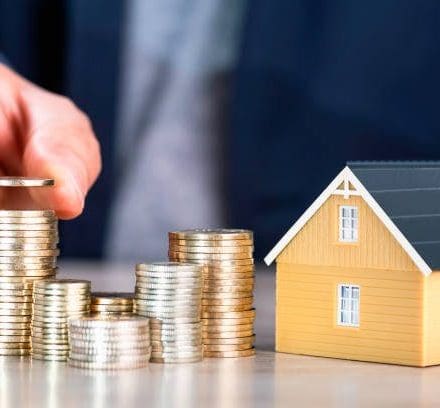


LBTT update: liability when moving SIPP properties & duty to submit updated LBTT returns on leases
Revenue Scotland have confirmed that Land and Buildings Transaction Tax is generally not payable on in specie pension fund transfers. The position is therefore broadly the same as in England and Wales, where HMRC had previously confirmed that Stamp Duty Land Tax is not chargeable on such transfers.
However, the full effect of one of the most fundamental differences between the two tax regimes will very shortly be brought into sharp focus as tenants are required to submit updated LBTT returns – which are due every three years to reflect any changes to the level of rent.
LBTT on in specie transfers
Taxpayers had been waiting for some time for confirmation from Revenue Scotland as to whether Land and Buildings Transaction Tax (LBTT) was payable on “in specie” transfers of commercial property from one SIPP pension provider to another. As mentioned in our recent LBTT update, SIPPs (self-invested personal pensions) generally operate by way of a pension company who holds the legal title to the property as sole trustee for the benefiting pensioner. Therefore, if the pensioner wishes to change pension providers, it is necessary to transfer the title to the property in favour of the new provider, who acquires the title in specie – i.e. a transfer of the existing assets of the scheme without requiring to liquidate the assets and then purchase them in cash.
Revenue Scotland had previously indicated that such transactions would give rise to LBTT liability, in stark contrast to the position of HMRC, who had confirmed that in specie transactions in England and Wales did not attract SDLT. However, in their technical bulletin of December 2017, Revenue Scotland stated that whilst in specie transfers are considered to be land transactions, the assumption of debt by the new pension providers would not be considered to be chargeable consideration, and so no LBTT would be payable.
This will surely come as a relief to pensioners, who are able to move between SIPP providers without being penalised.
Duty to make LBTT returns every three years
Prior to the introduction of LBTT on 1 April 2015, tenants were generally only required to submit Stamp Duty Land Tax returns to HMRC at the start of the lease, and the tax payable was based on the amount of rent which was known at the outset of the lease term. In an effort to ensure the tax payable more accurately reflects the level of rent throughout the course of the lease, Revenue Scotland require tenants to submit LBTT returns every three years (as well as in the event of variation, assignation, renewal or termination of the lease).
We are now only weeks away from the third anniversary of the introduction of LBTT, and so taxpayers who entered into new leases on or after 1 April 2015 will now be obliged to submit updated LBTT returns. They will also need to pay any additional LBTT due as a result of an increase in the rent beyond the initial estimate, and it is also possible for taxpayers to claim rebates from Revenue Scotland if the initial estimate was too high.
Failure to make subsequent returns and to pay any additional tax due could result in penalties and interest. It is therefore essential that you ensure you submit updated LBTT returns if you entered into a lease on or after 1 April 2015. Whilst the responsibility for submitting the returns and paying the tax due rests with you as the taxpayer, please don’t hesitate to contact us if you require assistance.
Get in touch
- Paul Greenhill | 0141 227 9340
CONTACT US
Call us for free on 0330 912 0294 or complete our online form below for legal advice or to arrange a call back.